Elon Musk Book Recommendations
Elon Musk is a billionaire entrepreneur, inventor, and CEO known for founding and leading companies that have transformed multiple industries. Born in South Africa in 1971, he co-founded Zip2 and PayPal before launching Tesla, revolutionizing electric vehicles. He later founded SpaceX with the goal of making space travel affordable and enabling human life on Mars. Musk is also behind Neuralink, The Boring Company, and xAI. Known for his bold vision and relentless work ethic, Musk is a polarizing figure whose innovations continue to reshape transportation, energy, and technology. His influence spans business, science, and global discourse on the future.
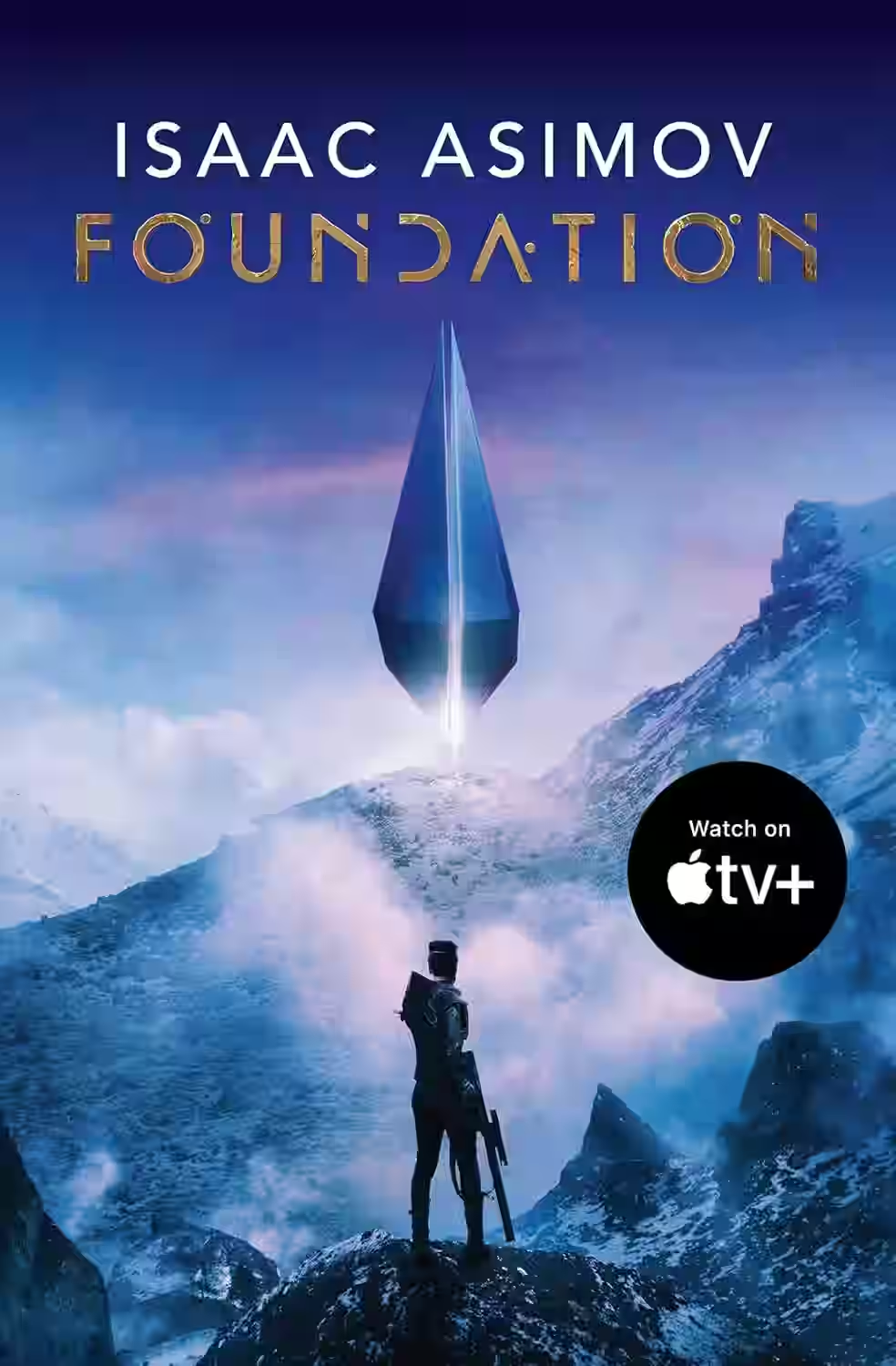
The Foundation series is Isaac Asimov’s iconic masterpiece. Unfolding against the backdrop of a crumbling Galactic Empire, the story of Hari Seldon’s two Foundations is a lasting testament to an extraordinary imagination, one that shaped science fiction as we know it today. The Galactic Empire has prospered for twelve thousand years. Nobody suspects that the heart of the thriving Empire is rotten, until psychohistorian Hari Seldon uses his new science to foresee its terrible fate. Exiled to the desolate planet Terminus, Seldon establishes a colony of the greatest minds in the Empire, a Foundation which holds the key to changing the fate of the galaxy. However, the death throes of the Empire breed hostile new enemies, and the young Foundation’s fate will be threatened first.
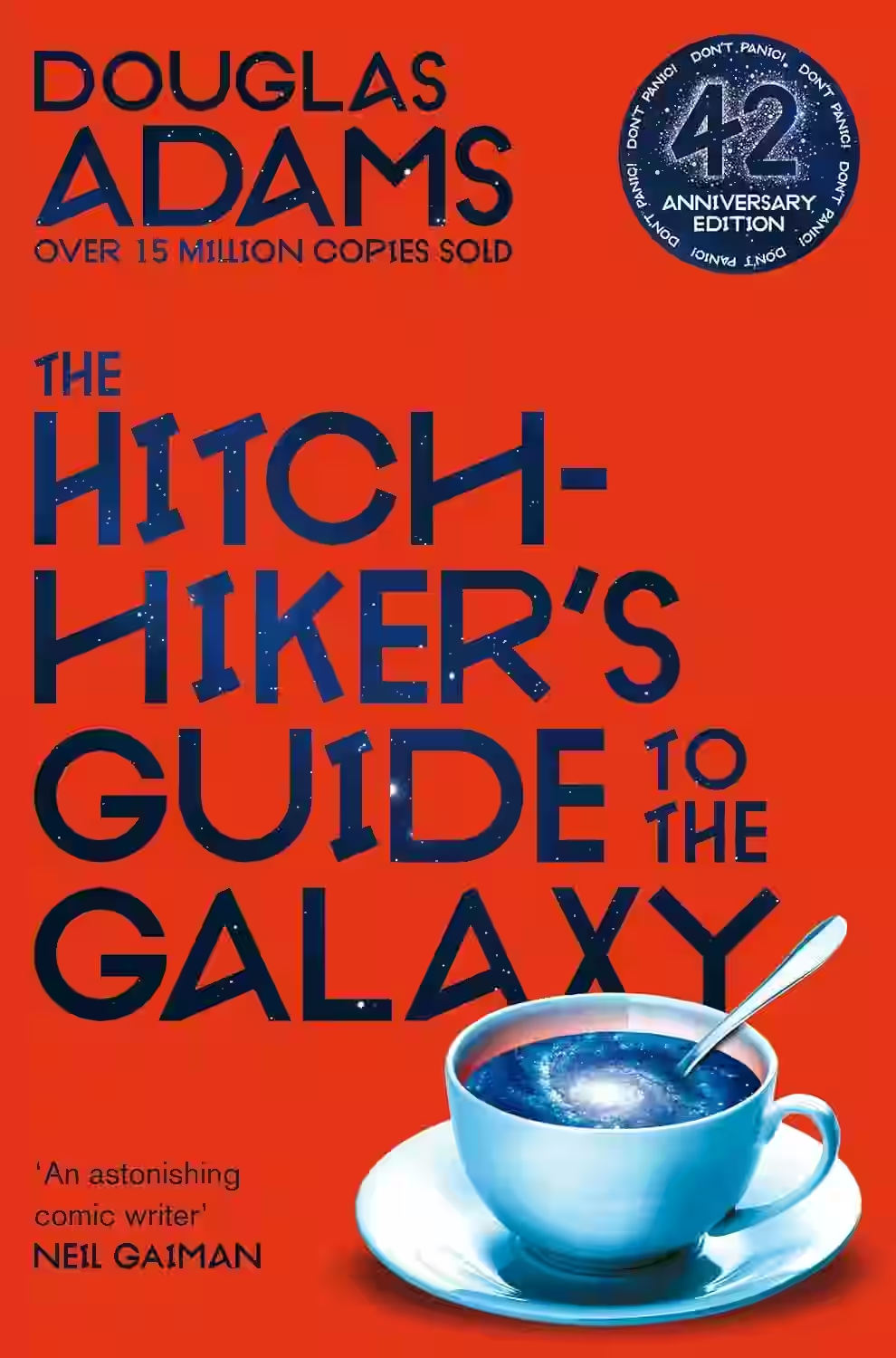
An international phenomenon and pop-culture classic, The Hitchhiker's Guide to the Galaxy has been a radio show, TV series, novel, stage play, comic book and film. Following the galactic (mis)adventures of Arthur Dent, Hitchhiker’s in its various incarnations has captured the imaginations of curious minds around the world. It's an ordinary Thursday lunchtime for Arthur Dent until his house gets demolished. The Earth follows shortly afterwards to make way for a new hyperspace express route, and his best friend has just announced that he's an alien. At this moment, they're hurtling through space with nothing but their towels and an innocuous-looking book inscribed, in large friendly letters, with the words: DON'T PANIC. The weekend has only just begun.
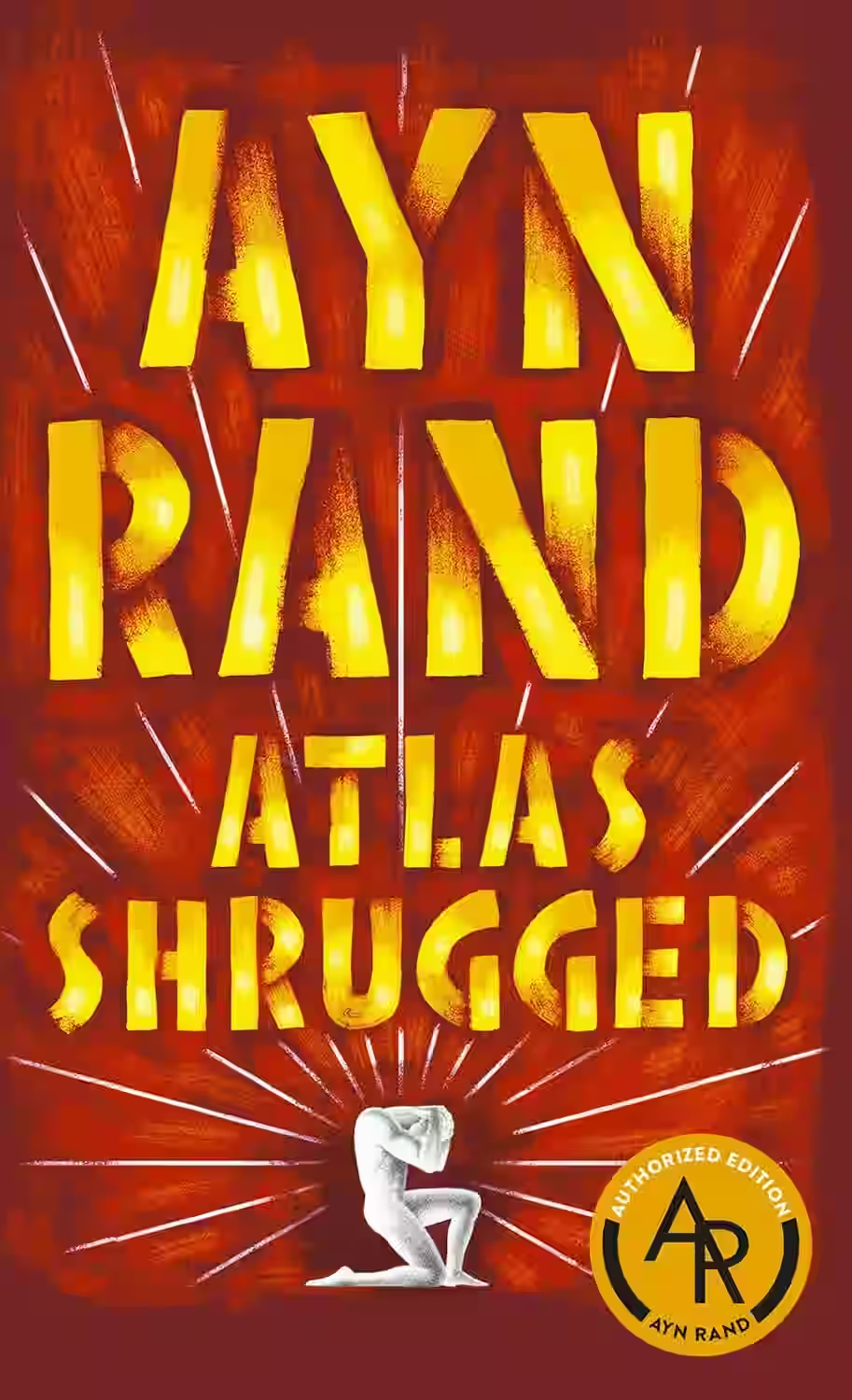
Ayn Rand’s sprawling philosophical novel envisions a dystopian America where the innovators and thinkers go on strike, withdrawing their talents from a society that exploits them. Through the story of Dagny Taggart and John Galt, Rand dramatizes her philosophy of Objectivism—championing reason, individualism, and capitalism. The book critiques collectivism and portrays the struggle of creative minds against government control and mediocrity. Both celebrated and controversial, Atlas Shrugged has been influential in political and economic thought, especially among libertarians. It challenges readers to consider the moral role of self-interest and the consequences of stifling human excellence.
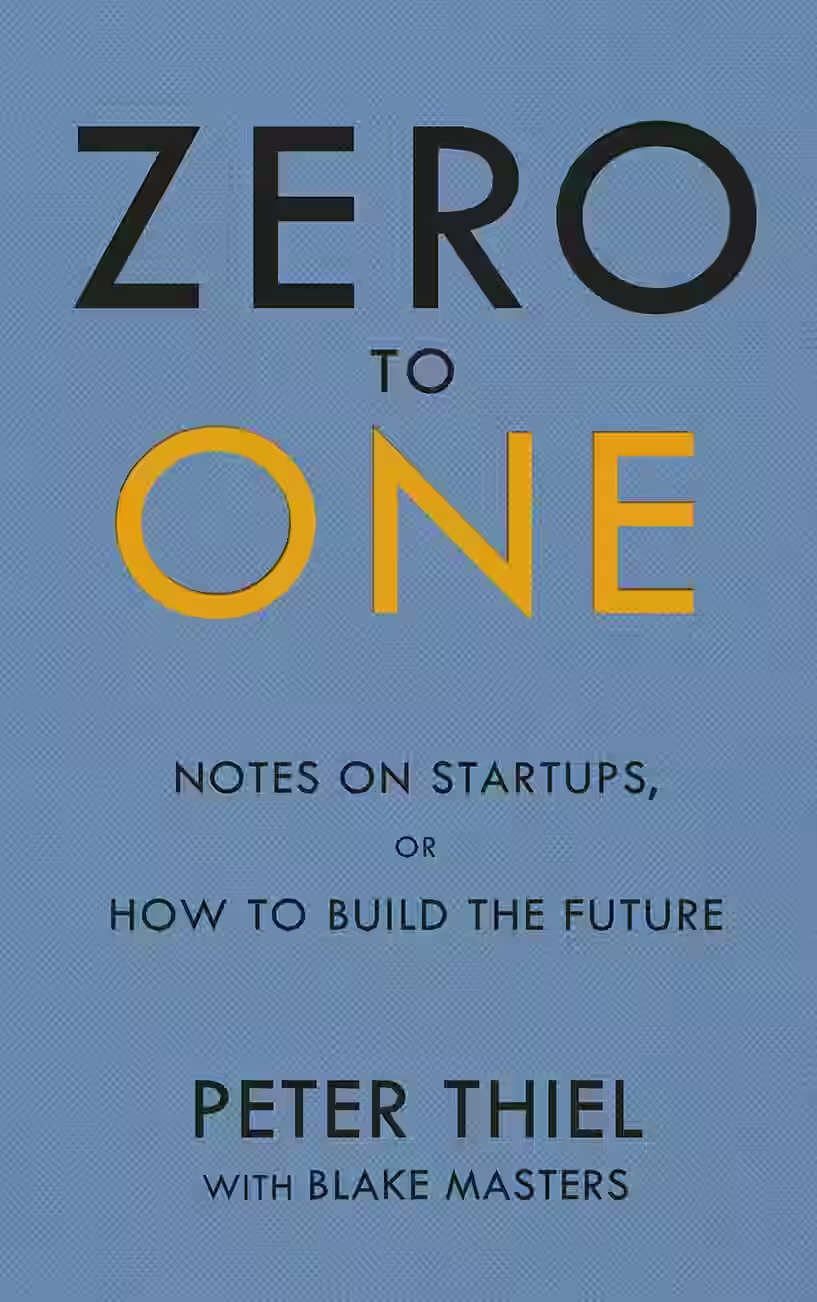
In 'Zero to One,' Peter Thiel, co-founder of PayPal and Palantir, challenges conventional wisdom and offers valuable insights on building successful startups. Thiel emphasizes the importance of innovation and creating something unique (going from 'zero to one') rather than imitating existing models. He delves into the concept of monopoly power, highlighting how businesses can thrive by dominating a niche market. Thiel's entrepreneurial advice is both provocative and practical, encouraging aspiring entrepreneurs to envision the future and disrupt industries. This book is a thought-provoking read for anyone interested in entrepreneurship and innovation.
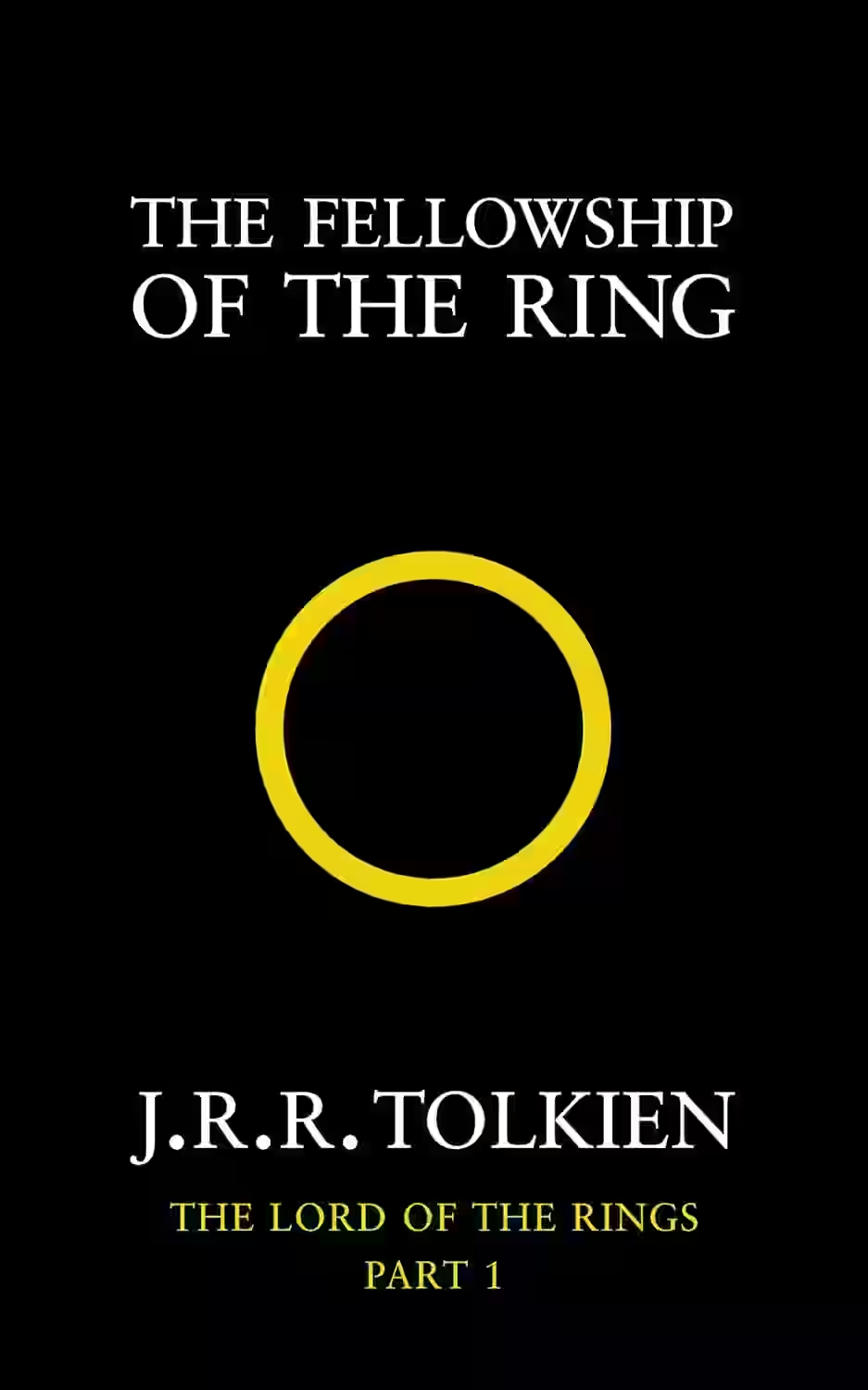
J.R.R. Tolkien's 'The Fellowship of the Ring' is a timeless fantasy epic that introduces readers to the richly detailed world of Middle-earth. The story follows Frodo Baggins, a humble hobbit, who embarks on a perilous journey to destroy the One Ring and prevent the dark lord Sauron from enslaving the world. Along with a diverse fellowship including Gandalf the wizard, Aragorn the ranger, and Legolas the elf, Frodo navigates treacherous landscapes and faces formidable foes. Tolkien weaves themes of friendship, bravery, and the struggle between good and evil into a captivating narrative that has captivated readers for generations.
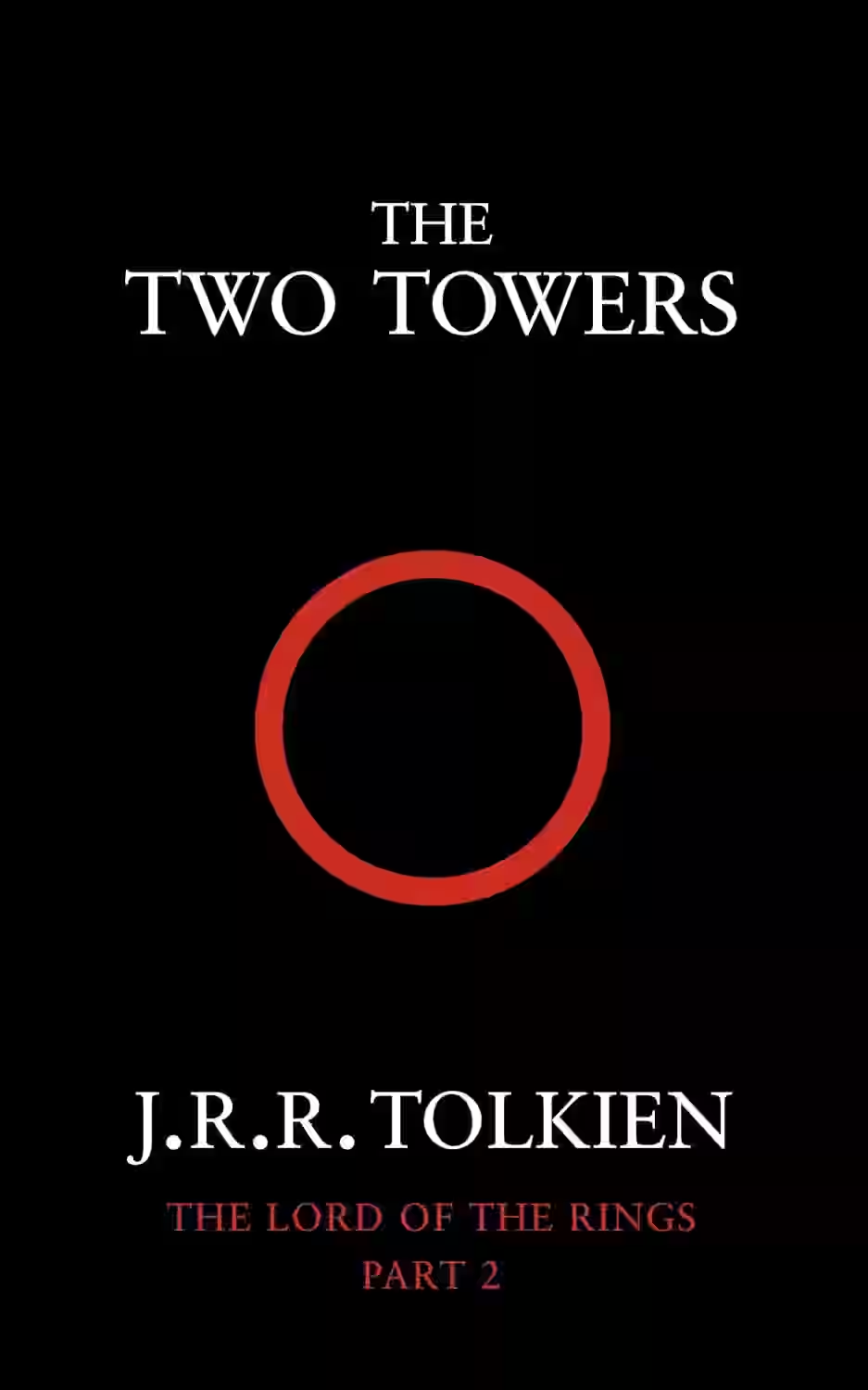
In 'The Two Towers' by J.R.R. Tolkien, the second installment of the epic 'The Lord of the Rings' trilogy, the story continues to follow the journey of Frodo, Sam, and the Fellowship as they face incredible challenges in their quest to destroy the One Ring. Divided into two parts, the book intertwines the parallel narratives of Frodo and Sam's perilous trek to Mordor and the battle for the kingdom of Gondor against Sauron's forces. Themes of friendship, sacrifice, and the struggle between good and evil are masterfully woven into the rich tapestry of Tolkien's intricate world-building. With its iconic characters and breathtaking landscapes, 'The Two Towers' immerses readers in a captivating tale of heroism and camaraderie.
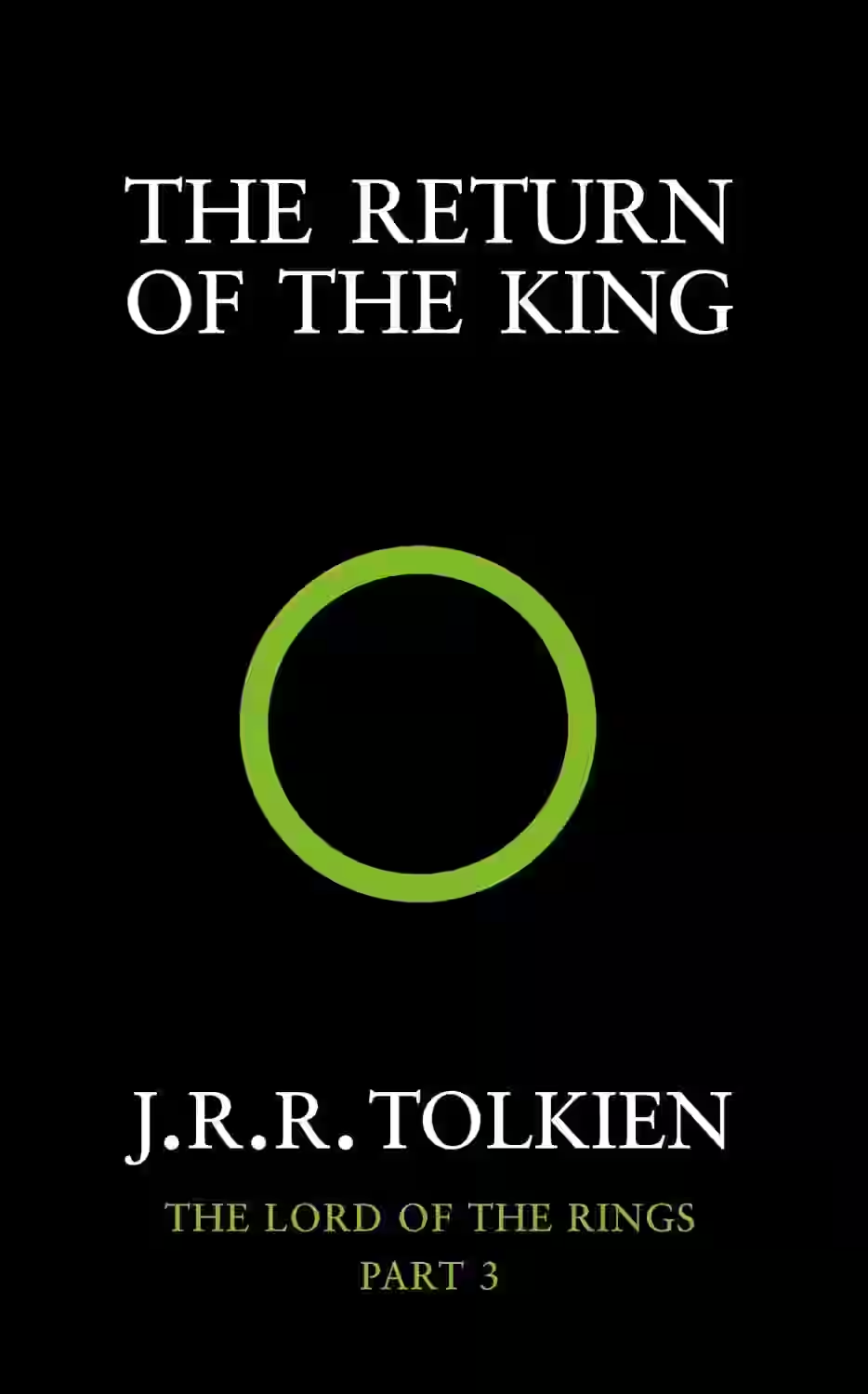
In J.R.R. Tolkien's epic conclusion to 'The Lord of the Rings' trilogy, 'The Return of the King' follows the gripping journey of Frodo, Sam, and the Fellowship as they strive to vanquish the looming darkness of Mordor. Packed with themes of friendship, loyalty, sacrifice, and the struggle between good and evil, the novel explores the depths of courage and resilience in the face of overwhelming odds. The narrative culminates in an epic battle for the fate of Middle-earth, weaving together intricate plots and vivid characters to create a timeless tale of heroism and redemption.
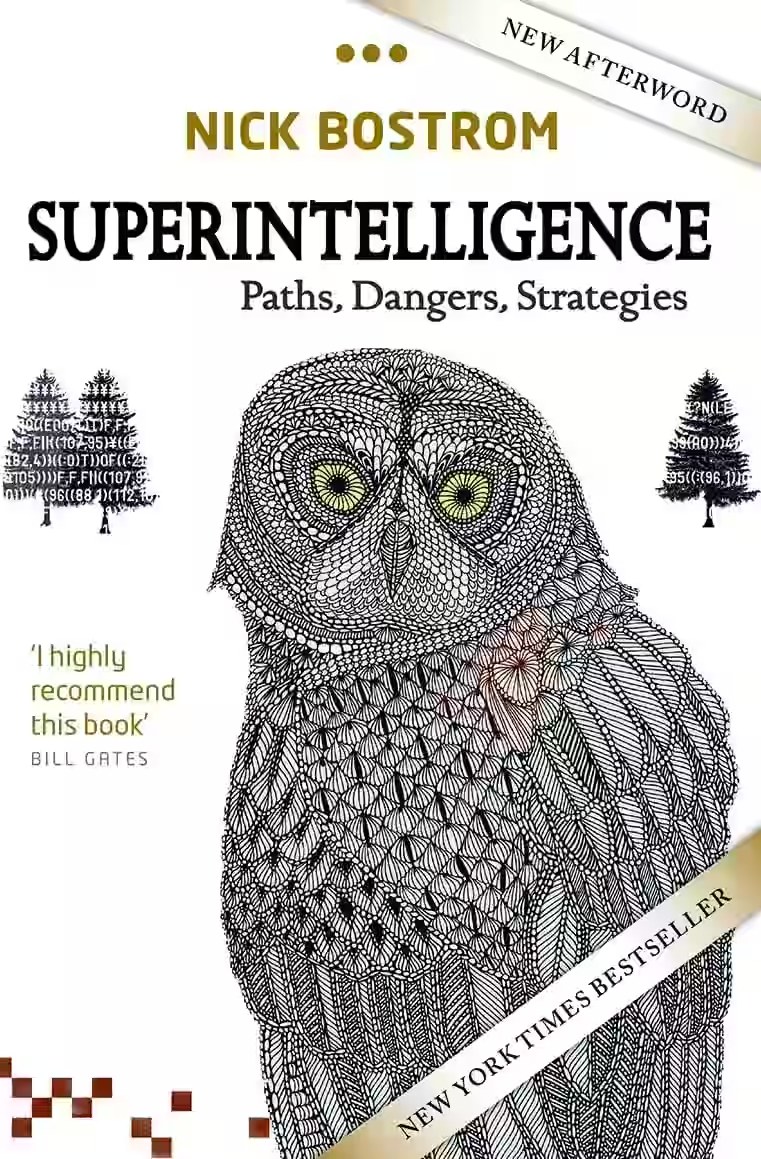
In 'Superintelligence: Paths, Dangers, Strategies' by Nick Bostrom, the author delves into the future scenarios where artificial intelligence surpasses human intelligence and the potential consequences and strategies to navigate this new era. Bostrom explores the paths that could lead to the emergence of superintelligent machines, the existential risks they might pose, and the ethical dilemmas surrounding their development. Through a meticulous examination of various disciplines, from philosophy to computer science, Bostrom presents a thought-provoking and comprehensive analysis of the implications of superintelligence. This book challenges readers to contemplate the profound impact of AI on our future.
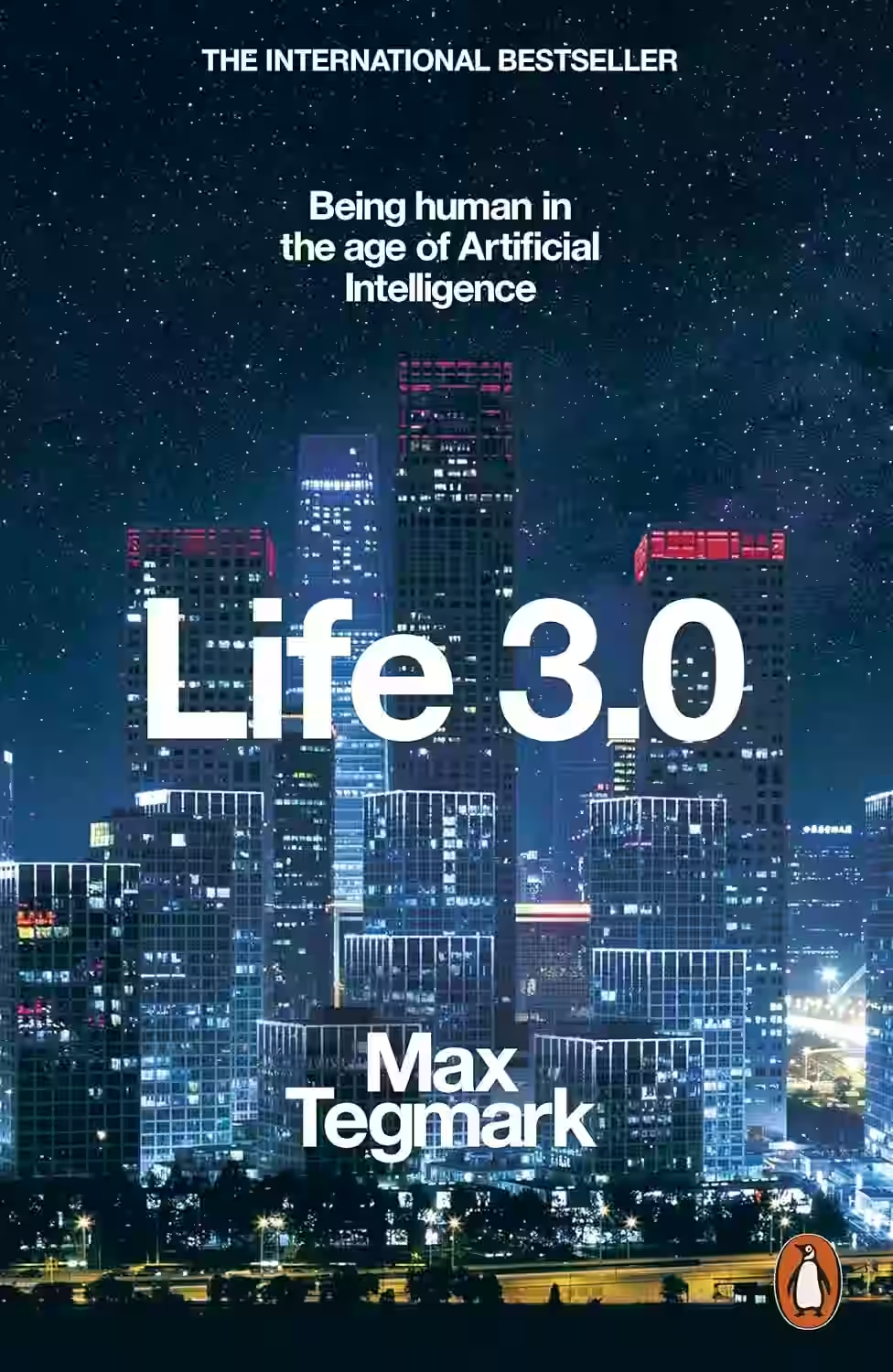
In Max Tegmark's insightful book 'Life 3.0: Being Human in the Age of Artificial Intelligence', readers are taken on a fascinating journey exploring the implications of Artificial Intelligence on humanity's future. Tegmark delves into thought-provoking questions about consciousness, ethics, and the socio-economic impacts of AI. Through engaging prose and thorough research, he presents various scenarios of how AI may shape the world and challenges readers to contemplate what it means to be human in a technologically advancing society. 'Life 3.0' offers a balanced view of the promises and perils AI brings, making it a compelling read for anyone interested in the intersection of technology and humanity.
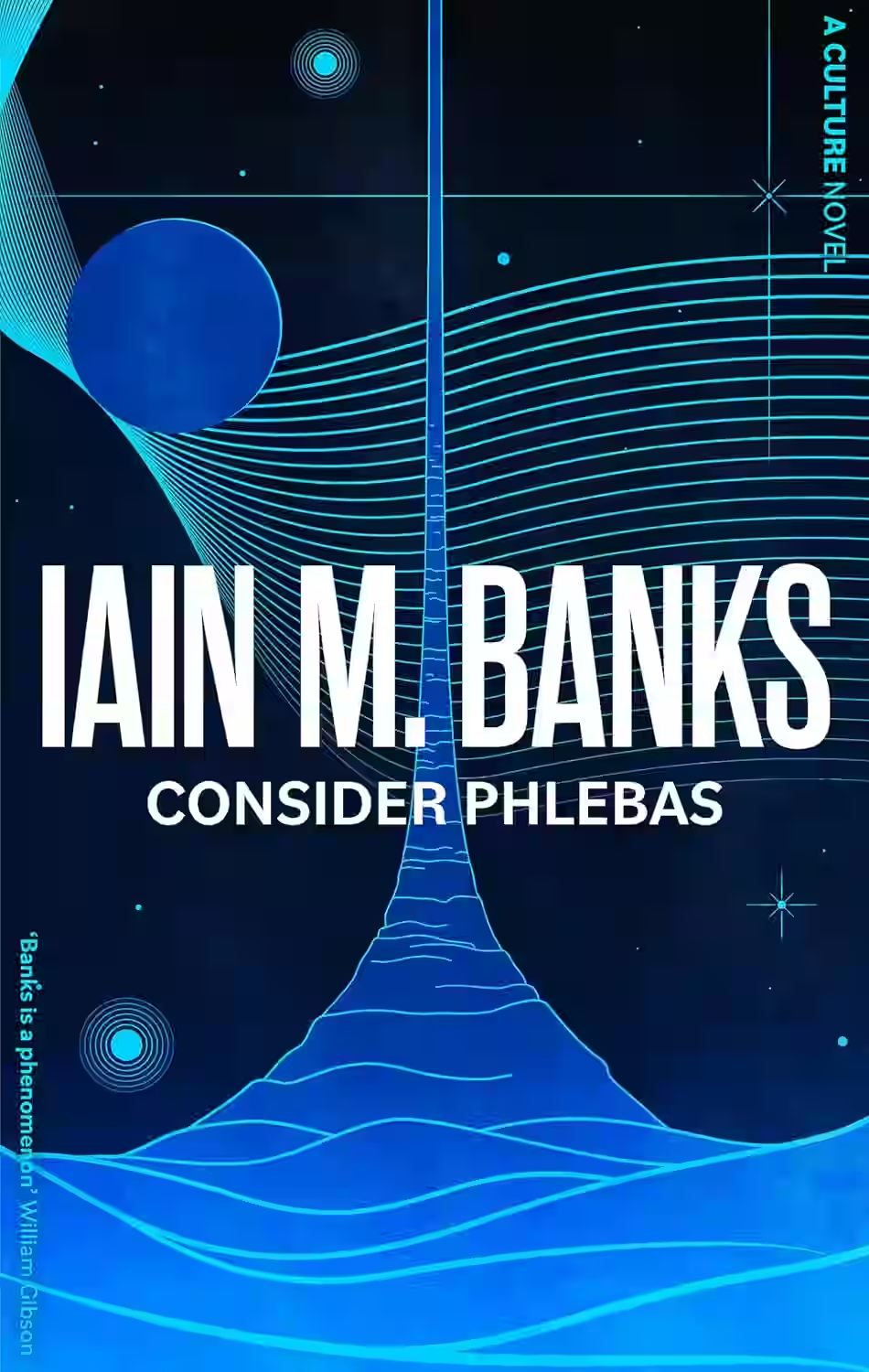
Iain M. Banks' 'Consider Phlebas' is a gripping space opera that delves into themes of identity, loyalty, and the futility of war. Set against the backdrop of a galaxy in turmoil where two powerful civilizations clash, the story follows the mercenary Bora Horza Gobuchul as he navigates treacherous alliances and personal vendettas. With rich world-building and complex characters, the novel immerses readers in a morally ambiguous universe where survival often comes at a cost. Banks' masterful storytelling and thought-provoking exploration of societal structures make 'Consider Phlebas' a must-read for fans of science fiction and epic sagas.
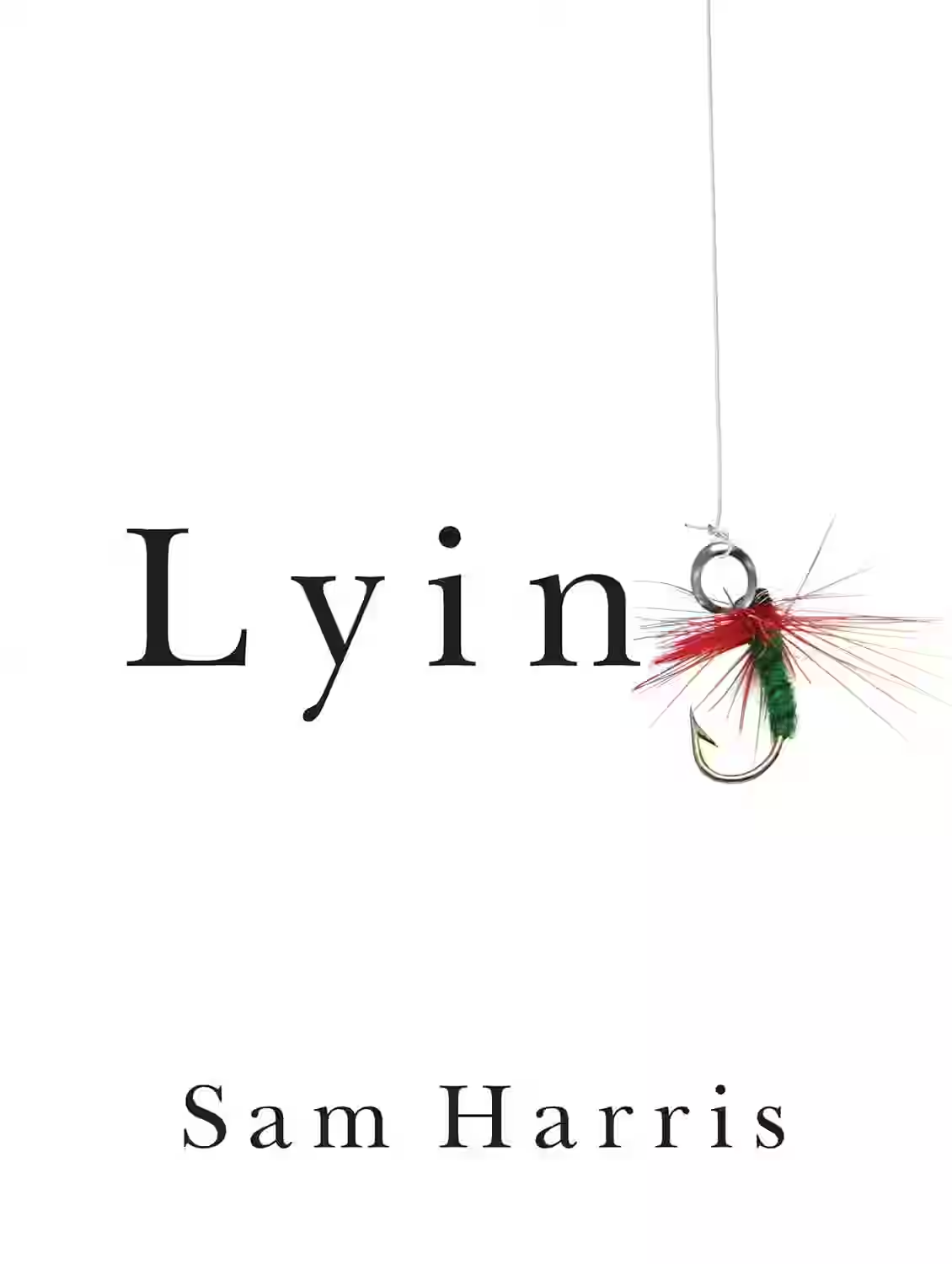
Lying
by Sam Harris
In 'Lying' by Sam Harris, the author delves into the complex and often uncomfortable topic of dishonesty. Harris challenges the societal norms around lying, questioning if there are ever situations where lying can be considered morally acceptable. Through insightful anecdotes and philosophical exploration, he argues for the virtues of radical honesty and the potential harm that even seemingly harmless lies can cause. Harris prompts readers to reconsider their relationship with dishonesty and the consequences it can have on personal relationships, societal trust, and self-awareness. 'Lying' is a thought-provoking and engaging read that encourages introspection and ethical reflection.
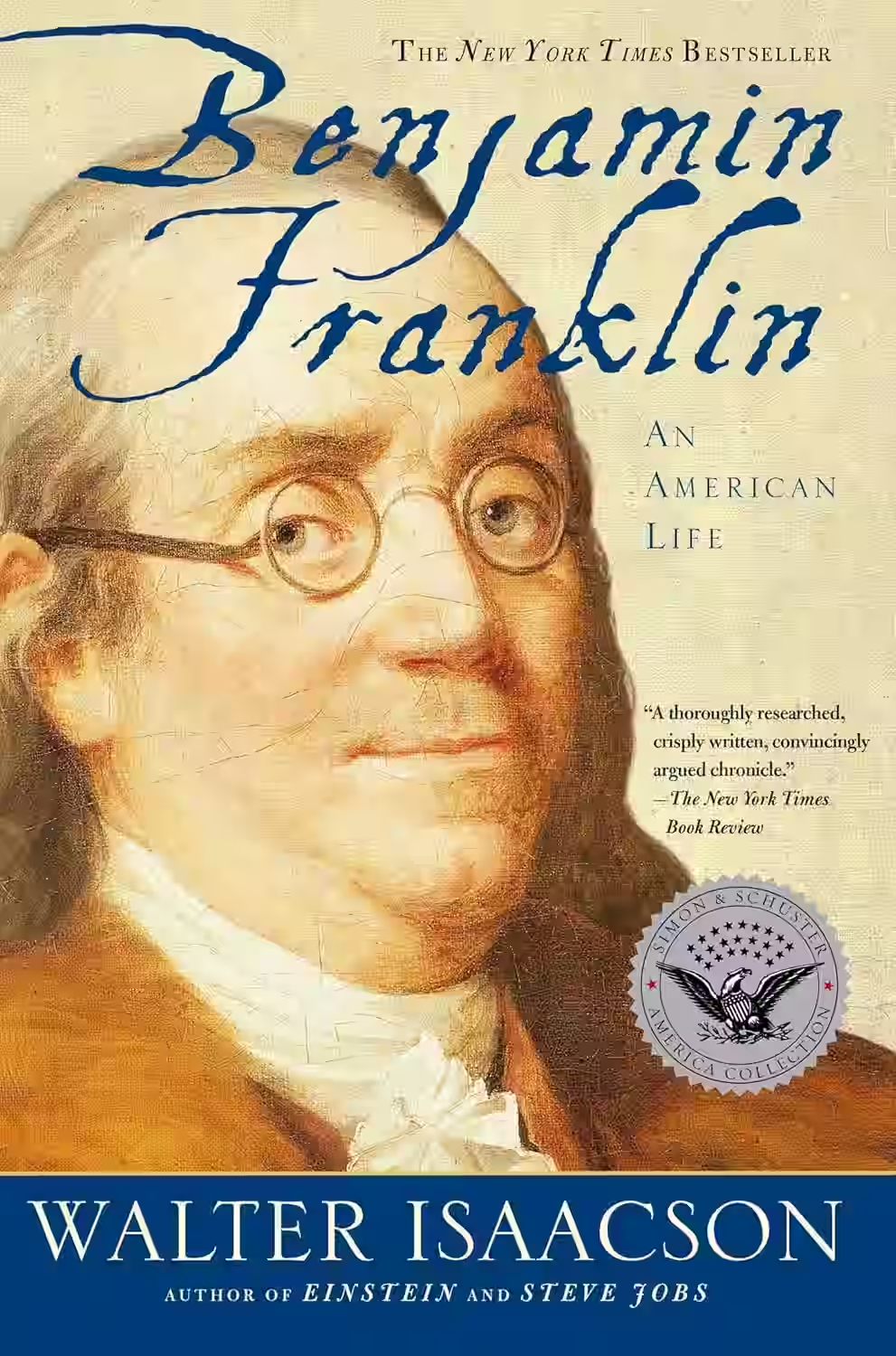
In 'Benjamin Franklin: An American Life' by Walter Isaacson, readers are taken on a captivating journey through the extraordinary life of one of America's founding fathers. Isaacson skillfully weaves together Franklin's roles as a scientist, inventor, diplomat, and statesman, showcasing his immense impact on shaping the American nation. Through detailed research and engaging storytelling, the book delves into Franklin's wit, wisdom, and the complexities of his character, offering a nuanced portrayal of this iconic figure. From his humble beginnings to his key contributions to the Declaration of Independence, Isaacson presents a comprehensive and insightful account of Franklin's enduring legacy.